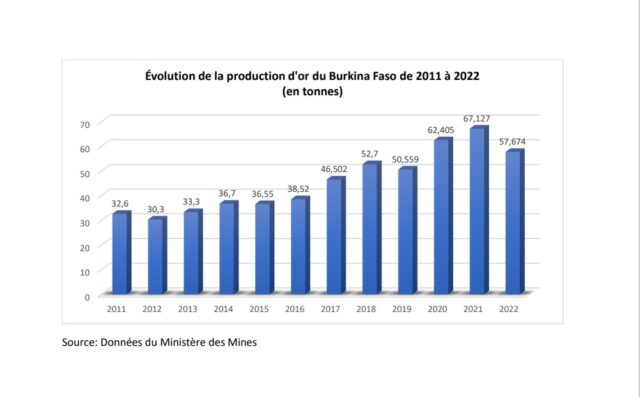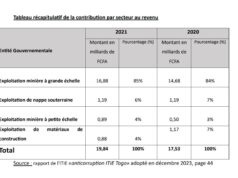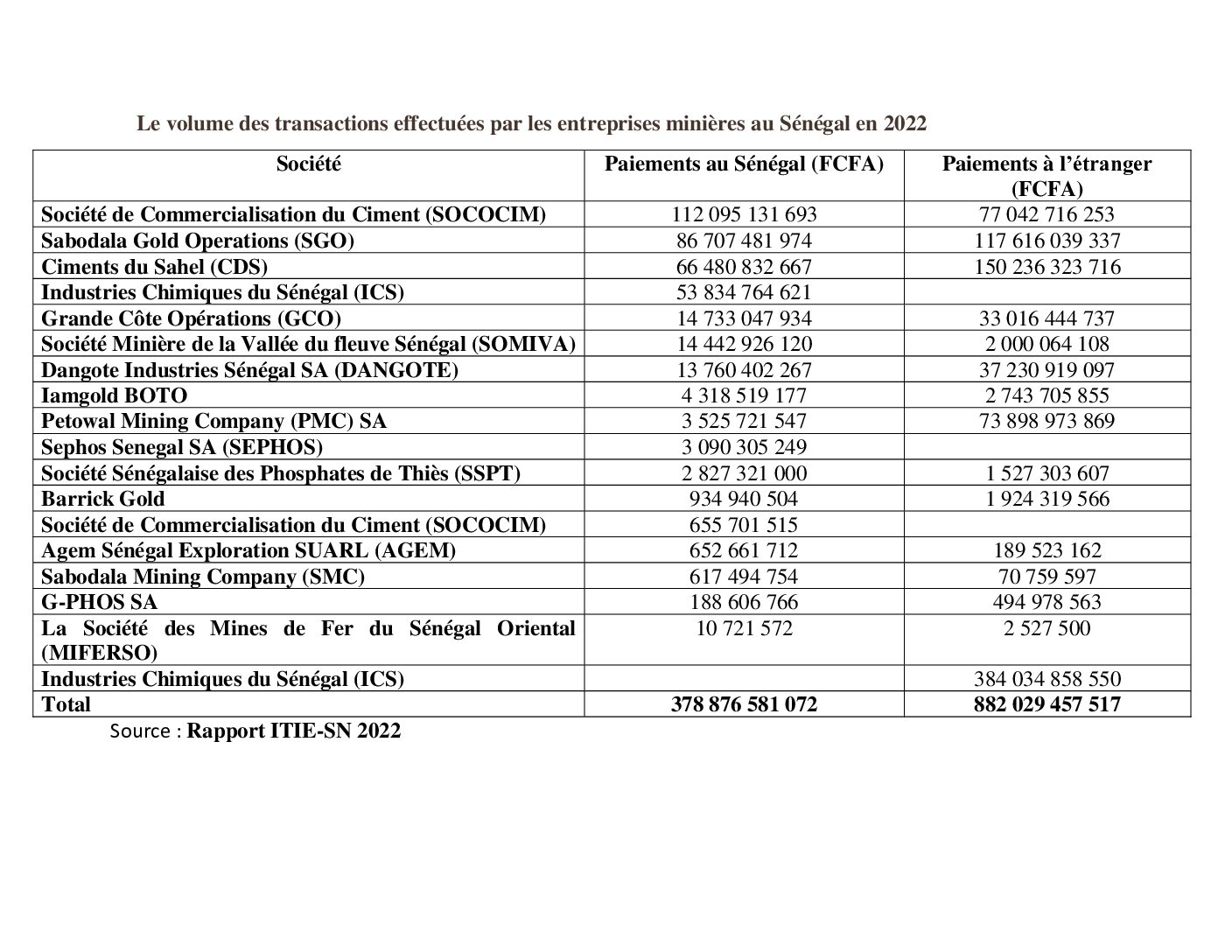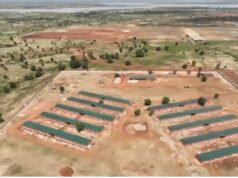Does France exploit gold in Burkina Faso? To date, the industrial gold mining companies in Burkina Faso are Canadian, Russian and Australian (although they are controlled by interests of other nationalities). Other British, Indian, Ghanaian, Romanian, etc., companies have also been involved in mining. Which Canadian, Russian, and Australian companies are currently present in the country? How many tonnes of gold do they export per year?
It all starts with a youtube channel called “le fétiche de guerre gaulliste” (Editor’s note: https://www.youtube.com/watch?v=qcn5scEGsjQ). The author of the video states: “In 2016, France looted 39 tons; in 2015, 36 tons; in 2014, 36 tons; in 2013, 33 tons; in 2012, 29 tons; in 2013, 32 tons. (…) In 2017, Burkina Faso was robbed of 45 tons, all under the guise of fighting terrorism. In 218, 52 tonnes will be stolen from the country. In 2019, 62 tonnes are stolen from the country, and in 2020, 74 tonnes will be stolen. In 2021, the production of gold stolen from Burkina Faso is 66.8 tons.” This is what the youtube channel in question states. To understand this, it is necessary to refer to the regulatory framework.
The mining context
The Mining Code requires that a company that undertakes to exploit mineral resources in Burkina Faso create a company under common law in Faso. This means that the company must have a unique fiscal identifier (IFU) with the tax authorities, a trade register with the Commercial Court, and a registration with the social security system. However, behind these companies under Burkinabe law, foreign interests are hiding.
Mining is conditional on the option of a mining permit granted in the Council of Ministers by the government. The investor signs a mining contract, called a mining convention, with the Burkinabe state.
To date, Burkina Faso has signed some thirty mining conventions with mining investors. But in this environment, mining permits regularly pass from hand to hand, so much so that the nationality of the investors changes at any time. In the attempt to trace the Youga mining licence, for example, it was found that it had passed through the hands of at least four nationalities. The Cayman company was first on the site before Endeavour moved in. The licence passed to MNG before landing in the hands of Avesoro. The Karma licence passed from Randgold to Néeré via True Gold and Endeavour.
Currently, Burkina Faso has 11 operating mines, including Essakane SA, Houndé Gold, Mana, Boungou, Wahghion, Roxgold, Bissa gold, Ymiougou, Orezone, Somisa, and Karma.
While Essakane, Houndé, Mana, Boungou, Wahghion, Roxgold and Orezone claim to be Canadian, Somisa is Australian, Karma is Burkinabe, and Russians own Bissa gold and Ymiougou. Canadian companies represent 63.33% of the mines operating in Burkina Faso, Russian mines 18.18%, and Burkinabè 9%.
Regarding production
According to sources from the Ministry in charge of mines, in 2022, these mines produced and exported 57.674 tonnes of gold. This production is lower than in 2021 when production was 67.127 tonnes. This decrease is explained by the end of production at the Bouéré (Canadian) and Samtinga (Russian) mines. It is also explained by the cessation of production at Taparko (Russian) and Youga (Canadian) due to insecurity. According to the ministry’s data, this production, which was 32.6 tonnes in 2011, rose to 38,520 tonnes in 2016, 50,559 tonnes in 2019, and 62,405 tonnes in 2020.
According to the activists’ audio, these annual productions have been “stolen” by France. If these quantities produced in Burkina and exported legally correspond to the figures put forward by certain activists, it should be noted that it is not the production of a single mining company that has been relayed, but the production of all the mining companies established in Burkina. Also, of all the mining companies operating in Burkina, there are no French companies. It is difficult to demonstrate that France steals all the country’s annual gold production. If France is present in the Burkinabe mining sector, it is in the form of subcontracting activities in the area of goods and services, contracts obtained from mining companies by French companies. This is the case for companies such as Bolloré, Total and Orange, which have subcontracts to supply mining companies with goods and services.
PB
Mines_Actu_Burkina avec Le Reporter










